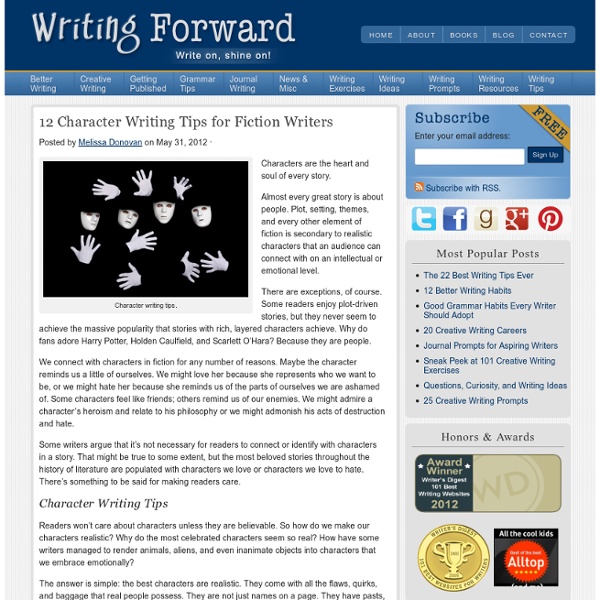12 Character Writing Tips for Fiction Writers

Charting Titans River System
For many years, Titan’s thick, methane- and nitrogen-rich atmosphere kept astronomers from seeing what lies beneath. Saturn’s largest moon appeared through telescopes as a hazy orange orb, in contrast to other heavily cratered moons in the solar system. In 2004, the Cassini-Huygens spacecraft — a probe that flies by Titan as it orbits Saturn — penetrated Titan’s haze, providing scientists with their first detailed images of the surface. Radar images revealed an icy terrain carved out over millions of years by rivers of liquid methane, similar to how rivers of water have etched into Earth’s rocky continents. While images of Titan have revealed its present landscape, very little is known about its geologic past. Now researchers at MIT and the University of Tennessee at Knoxville have analyzed images of Titan’s river networks and determined that in some regions, rivers have created surprisingly little erosion. What accounts for a low crater count? Charting a river’s evolution
The Future of Energy is Here!
Nanotechnology is the study of manipulating matter on an atomic and molecular scale. Generally, nanotechnology deals with developing materials, devices, or other structures possessing at least one dimension sized from 1 to 100 nanometres (one billionth of a metre). "In the United States around 56% of all the energy we generate - equivalent to $1.68 trillion – is wasted..." Justin Hall-Tipping nanoholdings.com Each day the Flixxy team looks through hundreds of new videos to pull out a few we think are the best.
Related:
Related:



